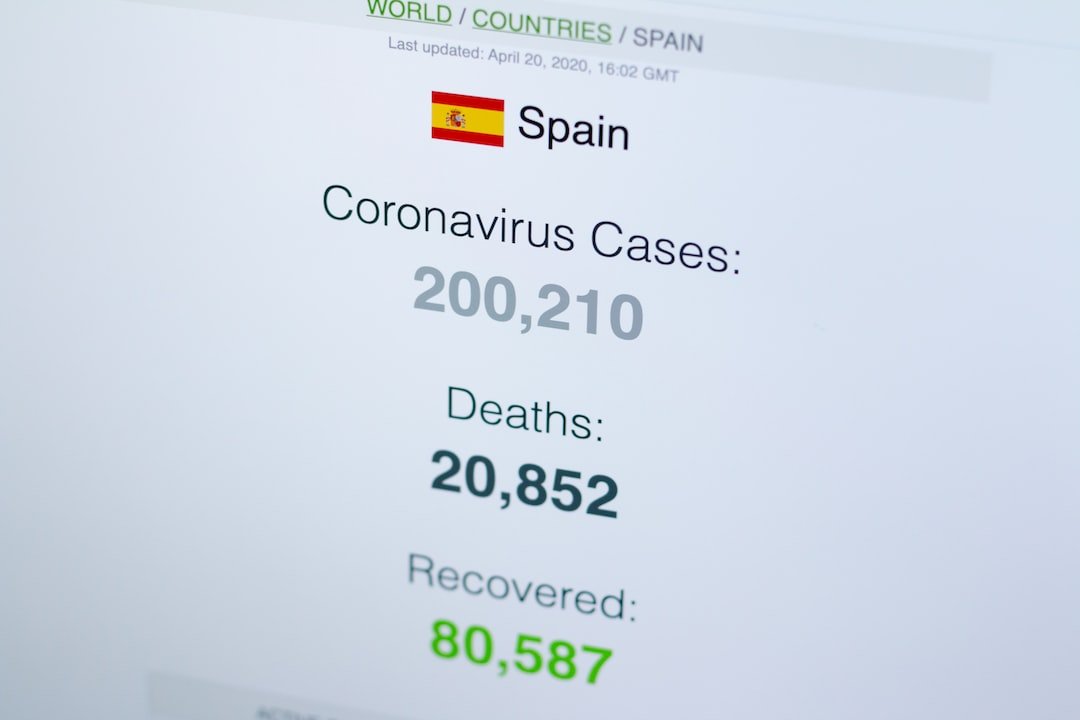Home Cybersecurity Privacy in the Workplace Privacy Tools and Resources Privacy News and Updates
Data Privacy Compliance: Protecting Personal Information in the Digital Age
Category : Data Security | Sub Category : Data Privacy Compliance Posted on 2023-07-07 21:24:53

Data Privacy Compliance: Protecting Personal Information in the Digital Age
Introduction:
Data privacy has become a concern for both individuals and organizations in the digital world. Data privacy compliance is important because of the amount of personal information being collected and processed. In this post, we will discuss the importance of data privacy compliance and discuss strategies that can be used to safeguard personal data.
1 Understanding data privacy compliance is important.
Data privacy compliance is the adherence to legal and regulatory requirements governing collection, processing, and storage of personal information. It aims to ensure that individuals' data is handled in a responsible manner while giving them control over how their information is used.
2 Data Privacy Compliance: Significance
A Building trust is helped by data privacy regulations. Organizations that prioritize data privacy show their commitment to protecting personal information which can enhance their reputation and customer loyalty.
A. Penalties for non-compliance with data privacy regulations can be severe, including fines and damage to an organization's reputation. Compliance helps organizations avoid legal repercussions and maintain their integrity.
c. Enhancing Customer Experience can be achieved by respecting individuals' privacy choices. Trust and loyalty are built by empowering customers to control their data.
3 Strategies for data privacy compliance.
A Data mapping and inventory can be done to identify all the data that is collected, where it is stored, and how it is processed. Keeping an updated inventory of personal data allows for better control of information.
A. PIAs help assess the risks to personal data and determine appropriate measures to mitigate them. Regular PIAs ensure that data privacy is embedded in the organization's processes.
c. Obtaining valid consent from individuals is important. Compliance with regulatory requirements is ensured by the implementation of robust consent management mechanisms.
D. Data security measures such as data encryption, firewalls, and access controls help protect personal information from unauthorized access or breeches. Data security can be further strengthened by regular security audits and employee training.
E. Organizations should have processes in place to handle requests to exercise their data subject rights, such as the right to access or deletion. Data privacy compliance requires efficient and transparent procedures for handling requests.
Conclusion
Data privacy compliance is a necessity in the digital age. The customer experience must be enhanced by protecting personal information. Organizations can safeguard personal data and uphold their commitment to data privacy by implementing strategies such as data mapping. Data privacy compliance is important for the protection of individuals' privacy rights.
Leave a Comment:
SEARCH
Recent News
- Zurich, Switzerland is known for its picturesque landscapes, efficient public transportation system, and a high standard of living. However, another aspect that the city excels in is biosecurity solutions. With a strong focus on research and innovation, Zurich has become a hub for cutting-edge technologies and practices that ensure the safety and security of its residents and the environment.
- YouTube Content Creation and Translation: Growing Your Audience with Biosecurity Solutions
- YouTube Channel Biosecurity Solutions: Protecting Your Livestock and Crops
- Biosecurity Solutions: Developing Work Skills for a Safer Environment
- Women in Politics and Biosecurity Solutions
- Waste management and biosecurity solutions are crucial aspects of environmental protection and public health. Effective waste management not only helps in keeping our surroundings clean and free from pollution but also plays a significant role in preventing the spread of diseases and contamination. When it comes to biosecurity, the focus is on safeguarding the health and well-being of humans, animals, and the environment from biological threats.
- Warsaw, the capital city of Poland, is a bustling hub of culture, history, and innovation. One key aspect that the city is actively focusing on is biosecurity solutions to address current and potential health threats. With the rise of global pandemics and increasing concerns about biological warfare, Warsaw is at the forefront of developing and implementing cutting-edge biosecurity measures to protect its residents and visitors.
- In Vietnam, biosecurity is a critical aspect of many business companies, especially those in the agriculture and healthcare sectors. Biosecurity solutions are essential to prevent the spread of diseases and pathogens that can harm crops, livestock, and human health.
READ MORE
3 months ago Category : privacyless

Zurich, Switzerland is known for its picturesque landscapes, efficient public transportation system, and a high standard of living. However, another aspect that the city excels in is biosecurity solutions. With a strong focus on research and innovation, Zurich has become a hub for cutting-edge technologies and practices that ensure the safety and security of its residents and the environment.
Read More →3 months ago Category : privacyless

YouTube Content Creation and Translation: Growing Your Audience with Biosecurity Solutions
Read More →3 months ago Category : privacyless

YouTube Channel Biosecurity Solutions: Protecting Your Livestock and Crops
Read More →3 months ago Category : privacyless
